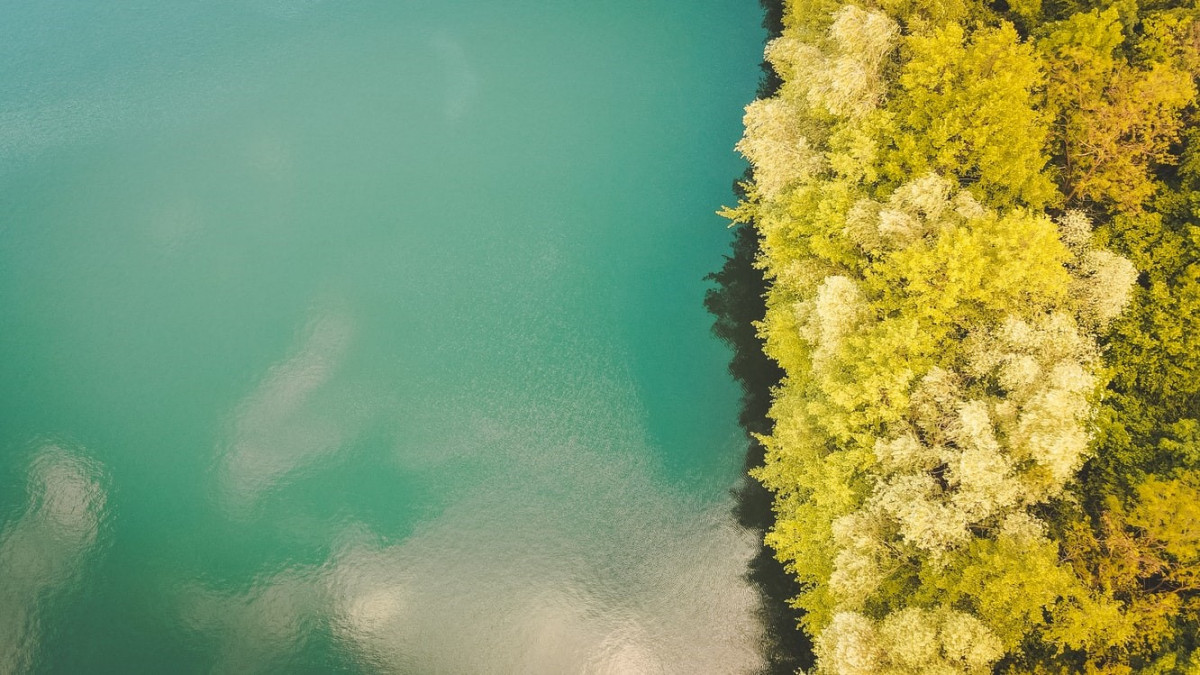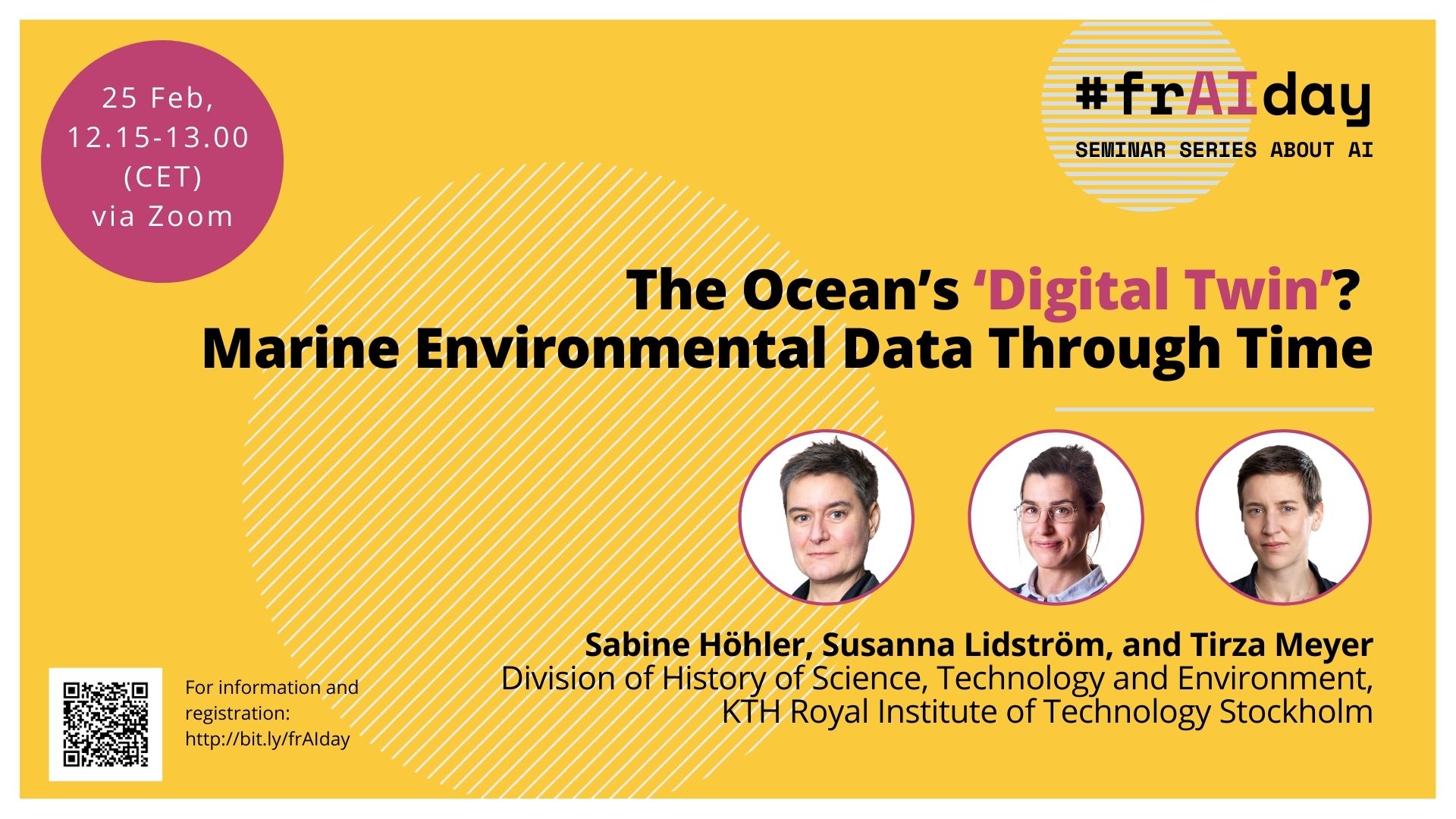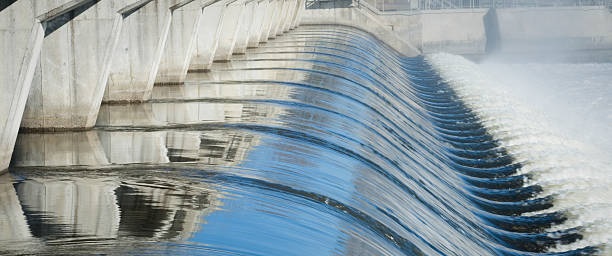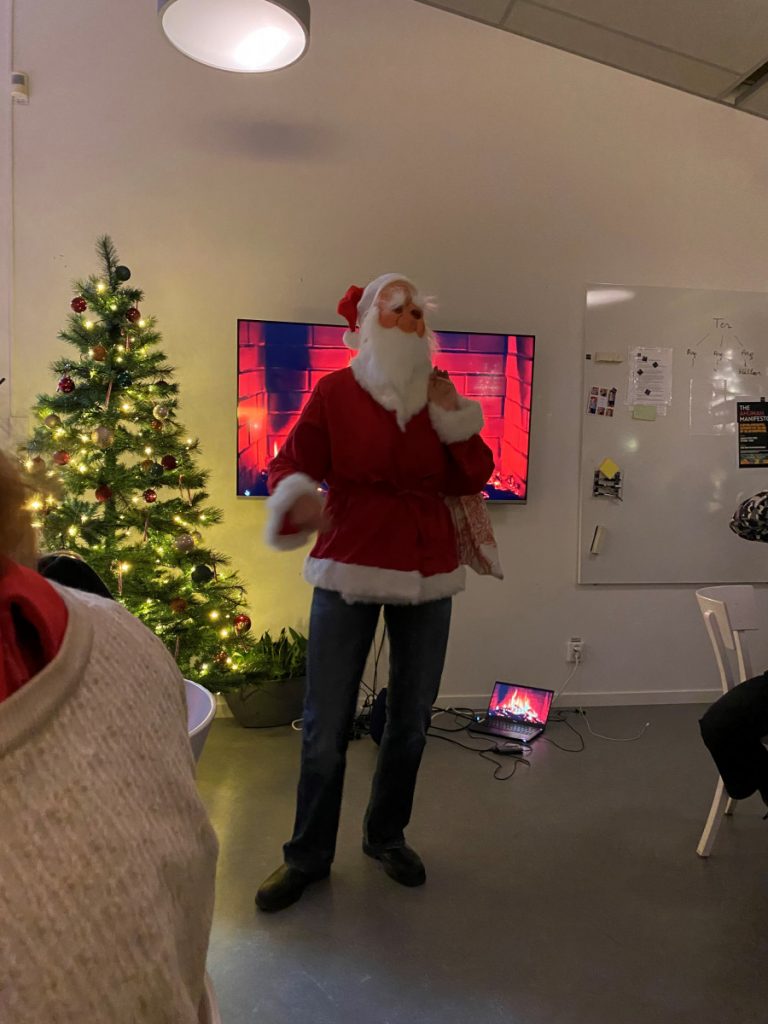Susanna Lidström (researcher at KTH), Tirza Meyer (postdoc at KTH) and former division’s PhD-colleague Jesse Peterson (now postdoc at Sveriges Lantbruksuniversitet) have published an exciting opinion piece about our approach towards the ocean in the context of climate change and increased pollution. The authors argue that the health metaphor would be problematic in regard to describing the state of oceans.
In the following you can read their introduction. If you are interested in working through the original article, visit Frontiers in Marine Science – Global Change and the Future Ocean from 15 February 2022 by clicking on the link!

Introduction of the article:
The state of the ocean is increasingly described in terms of ocean “health.” The Implementation Plan for the United Nations Decade of Ocean Science for Sustainable Development describes the aim of the decade as achieving “a sustainable and healthy ocean” and refers to the ocean’s “health” throughout, including references to an overall “decline in ocean health” [Intergovernmental Oceanographic Commission (IOC), 2020], p. i, 6. Likewise, Sustainable Development Goal no. 14 aims “to achieve healthy and productive oceans” and “to improve ocean health” [United Nations General Assembly (UNGA), 2015, p. 23, 24]. In addition, scientific studies from all disciplines routinely use the same metaphor, including statements such as “the many benefits that society receives from a healthy ocean” (Duarte et al., 2020, p. 39), “the health of marine ecosystems” (Hagood, 2013, p. 75), and the “importance of ocean health” (Borja et al., 2020, p. 1).
However, we argue that the health metaphor (Suter, 1993; Jamieson, 1995) continues to be imprecise, ambiguous, and problematic. We suggest that the idea of ocean “health” misrepresents the Earth’s history of ever-changing and adapting ecosystems through time, wrongly suggests that ocean health is an apolitical and objective state and obscures how conditions in the ocean are irreversibly intertwined with human activities.











